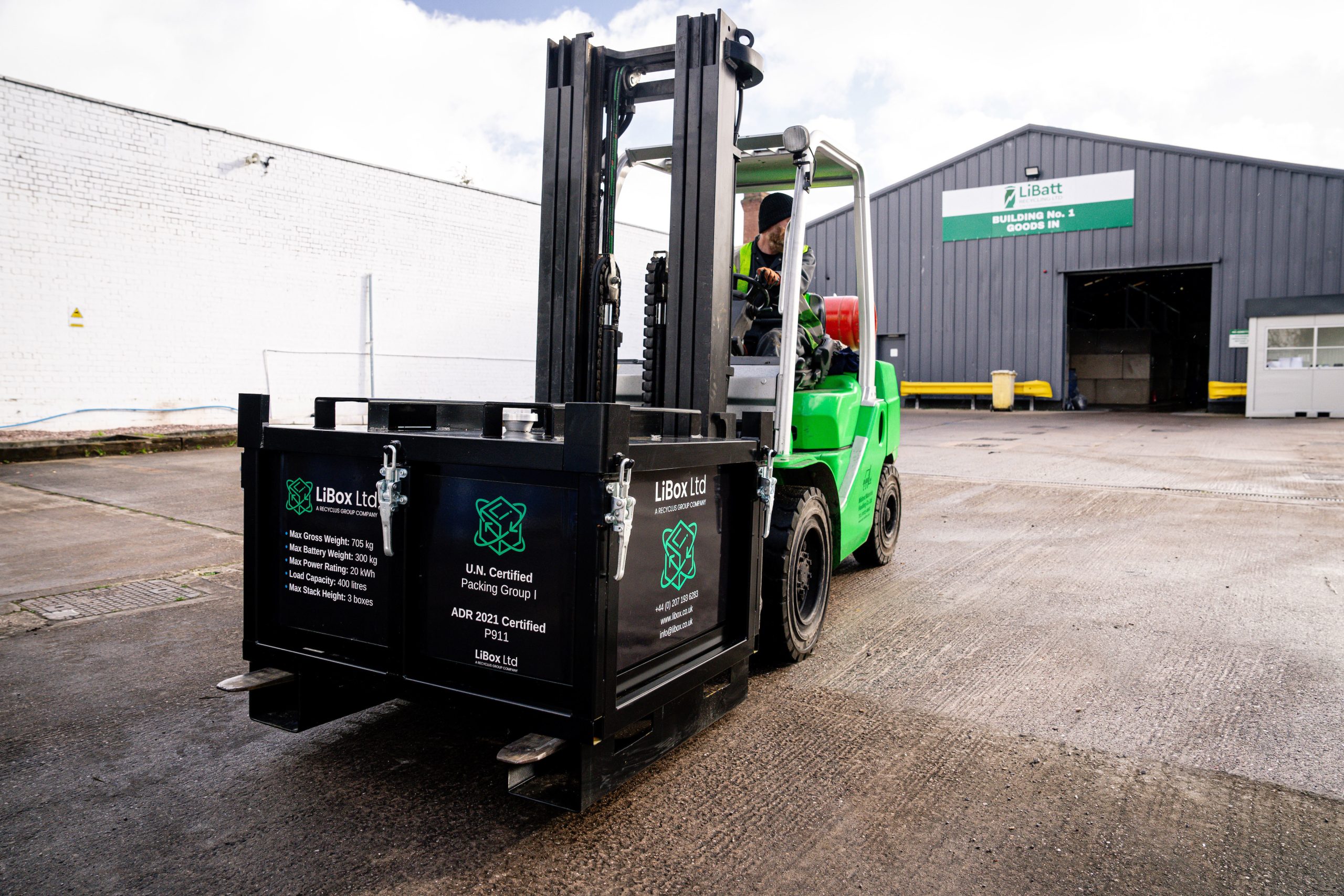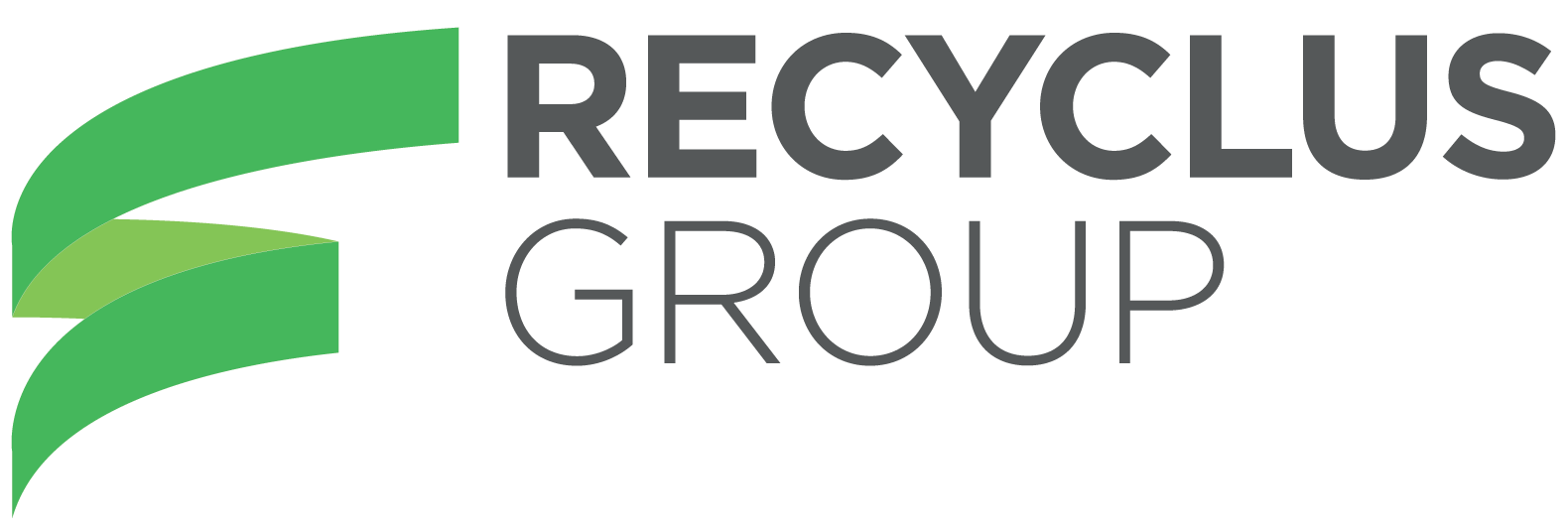Spotlight on SHEQ: The Backbone of Safe and Responsible Battery Recycling at Recyclus Group

From the onboarding of our clients to the safe transportation of recovered materials, SHEQ underpins every stage of the operation, ensuring everything runs safely, compliantly, and to the highest standard.
Client Onboarding: Laying the Groundwork for Compliance
Our client onboarding directly supports our ISO certification framework. Under ISO 14001, we carry out environmental impact assessments for each new client relationship, ensuring their waste streams align with our environmental management objectives. ISO 45001 requirements are embedded through our health and safety practices, which we brief to our customers, whilst our ISO 9001 quality management standards ensure consistent, documented procedures throughout the onboarding process.
This systematic approach ensures that compliance isn’t simply a tick-box exercise, but a fundamental part of how we build lasting partnerships with our clients.
Each client undergoes a structured due diligence process, including verification of waste producer credentials, assessment of battery types and volumes, and establishment of clear chain-of-custody procedures. This rigorous approach not only meets regulatory requirements but exceeds industry best practice, providing our clients with confidence that their end-of-life batteries are handled with the utmost care and professionalism.
Safeguarding the Recycling Workflow
Once onboarded, the process moves to the intake of lithium-ion batteries themselves, which are classified as hazardous goods. Each batch requires meticulous checks, documentation, and handling procedures. The SHEQ team ensures that incoming goods are accurately recorded and that all associated paperwork complies with both regulatory and site-specific requirements.
This careful control continues through to discharging, dismantling, shredding, and processing. With risks such as fire, chemical exposure, and environmental harm ever-present, the department enforces stringent safety protocols at every stage. These include designated storage areas, fire suppression systems, COSHH controls, and specialist PPE requirements- all continuously reviewed and refined.
As black mass is produced through processing, SHEQ plays a vital role in overseeing its safe containment, transportation, and onward movement through the supply chain. This is a carefully structured and comprehensive process, designed to meet stringent national and international standards for the handling of recovered critical materials.
While it may sometimes appear time-intensive, this reflects the high level of diligence, precision, and regulatory compliance required to safeguard people, protect the environment, and uphold the integrity of the circular economy.
Where Safety Meets Innovation
The SHEQ department is not simply a supporting function, it’s the driving force that ensures innovation happens responsibly. By embedding safety, compliance, and quality into every step of the process, SHEQ enables recovered materials like black mass to re-enter the supply chain with confidence and purpose.
From the moment batteries arrive to the moment they are reborn as raw materials for the future, SHEQ safeguards the journey. It is the invisible architecture behind every milestone, quietly powering the progress toward a cleaner, safer, and more circular world.
